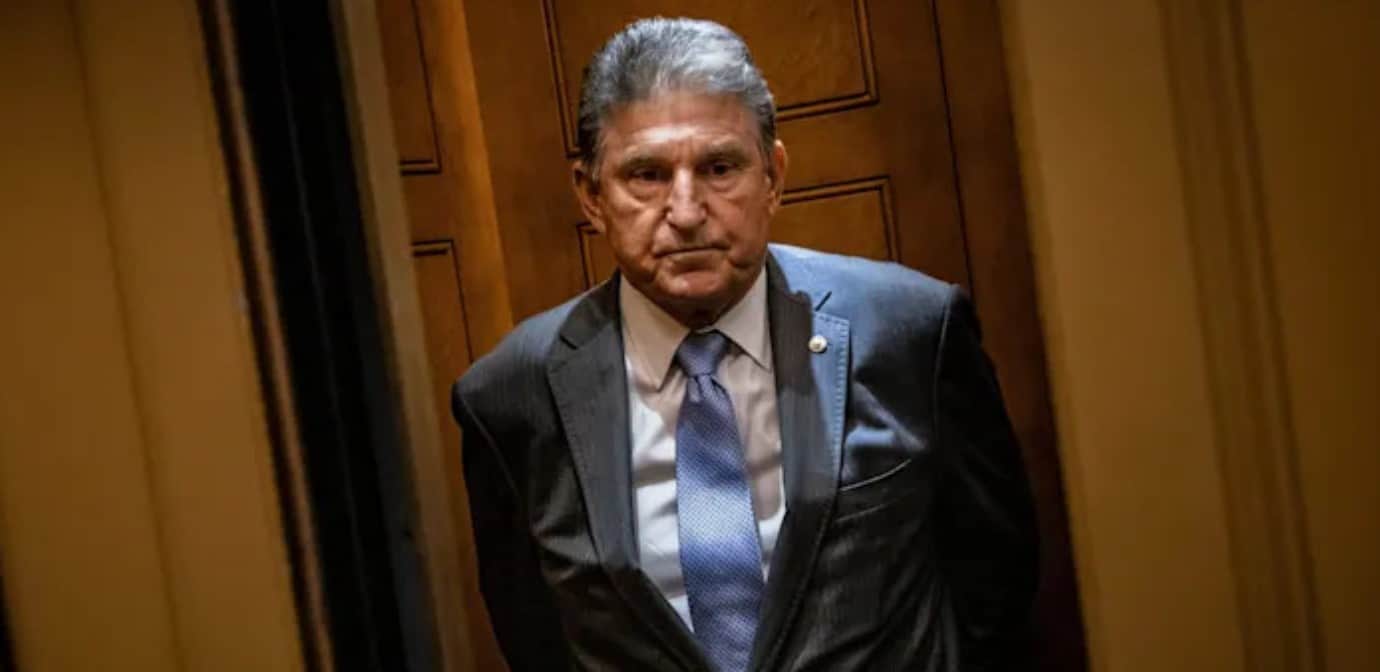- Sen. Joe Manchin’s move to torpedo the Build Back Better plan will likely weigh on US growth, Goldman Sachs said.
- The Wall Street Bank on Monday cut its US economic forecasts for the first, second and third quarters of 2022.
- Manchin told Fox News Sunday that he couldn’t go along with the $2 trillion social and climate legislation.
Sen. Joe Manchin’s rejection of the Biden administration’s $2 trillion “Build Back Better” spending plan will likely tank the legislation and lead to slower economic growth, Goldman Sachs has said.
The Wall Street bank cut its forecasts for US gross domestic product late Sunday after the West Virginia Democrat told Fox News: “I cannot vote to continue with this piece of legislation.”
Goldman’s analysts, led by chief economist Jan Hatzius, think the Build Back Better bill is now unlikely to pass. A much smaller set of measures is the most likely outcome, they said.
Hatzius and team now expect the US economy to grow:
- 2% in the first quarter, compared with a previous estimate for 3%.
- 3% in the second quarter, down from 3.5% earlier.
- 2.75% in the third quarter, versus 3% before.
The roughly $2 trillion Build Back Better plan aims to expand the social safety net in the US, with a focus on children and childcare, and to tackle climate change.
To pass in the 100-member Senate, all 50 Democrats there, including Manchin, must vote for it. But the West Virginia senator blindsided the White House when he said Sunday he could not vote for the bill, all but dooming the legislation.
“My Democratic colleagues in Washington are determined to dramatically reshape our society in a way that leaves our country even more vulnerable to the threats we face,” he told Fox, voicing concerns about inflation and government debt.
The winding-down of pandemic-era support programmes was already set to weigh on the US economy in 2022, Goldman’s analysts noted.
But they said “this fiscal impulse will [now] become somewhat more negative than we had expected,” with the expiry of child tax credits acting as a particular drag.
Hatzius and colleagues said the current high rate of inflation in the US will make it more difficult for President Joe Biden and his administration to revive the spending plan. Goldman expects inflation to top 7% in early 2022, after it rose to a 39-year high of 6.8% year-on-year in November.
“The Omicron variant is also likely to shift political attention back to virus-related issues and away from long-term reforms,” the bank said.
However, Goldman’s analysts said there could be some benefits for financial markets, given that the bill also imposed higher taxes to pay for much of the spending.
Goldman said the odds of higher corporate taxes — which the bank had estimated would reduce S&P 500 profits by 3% — have now fallen. It also said pharma companies may no longer come under pressure to reduce prices.

